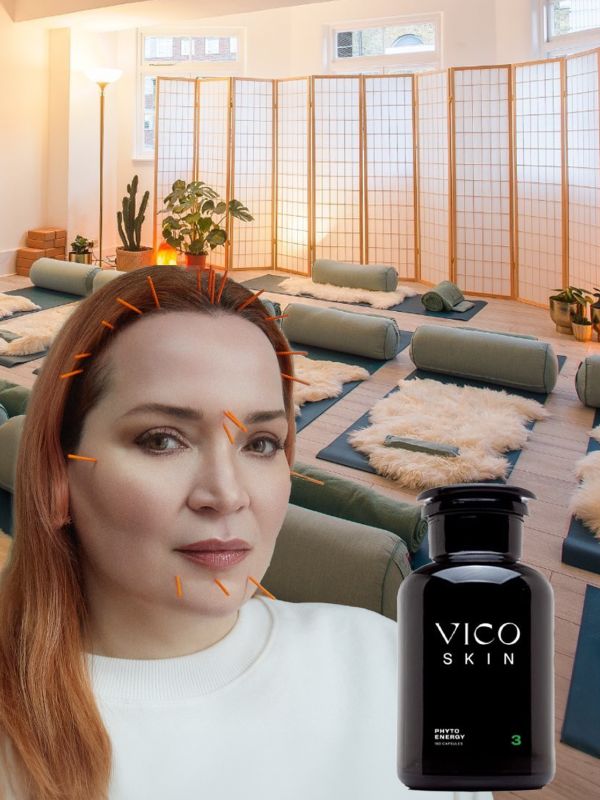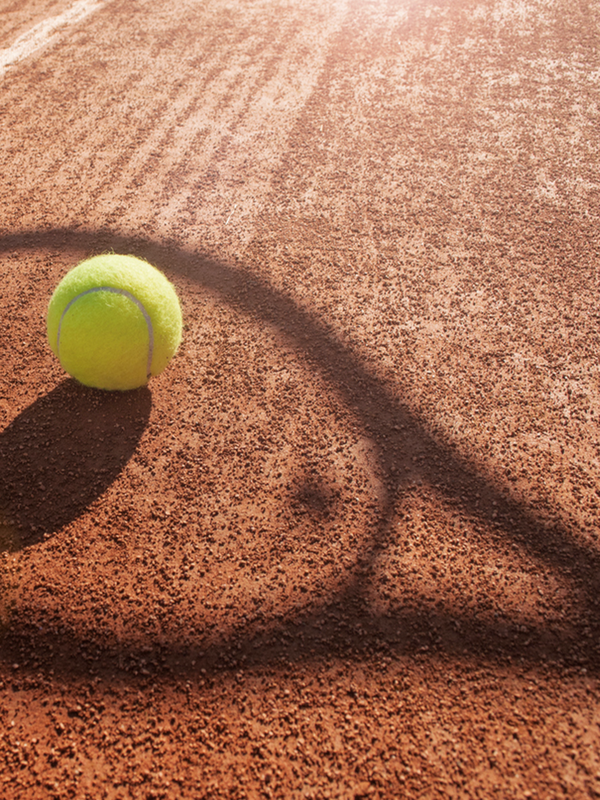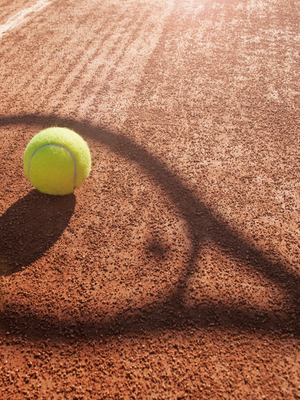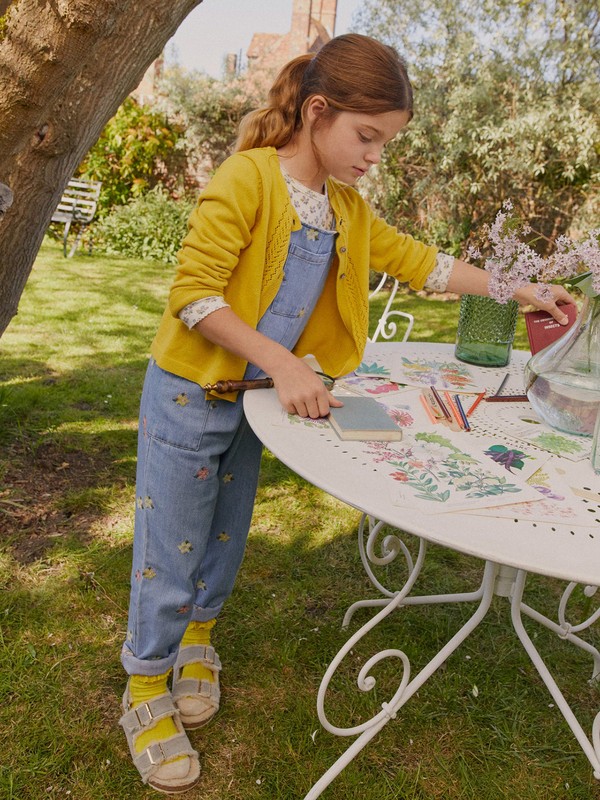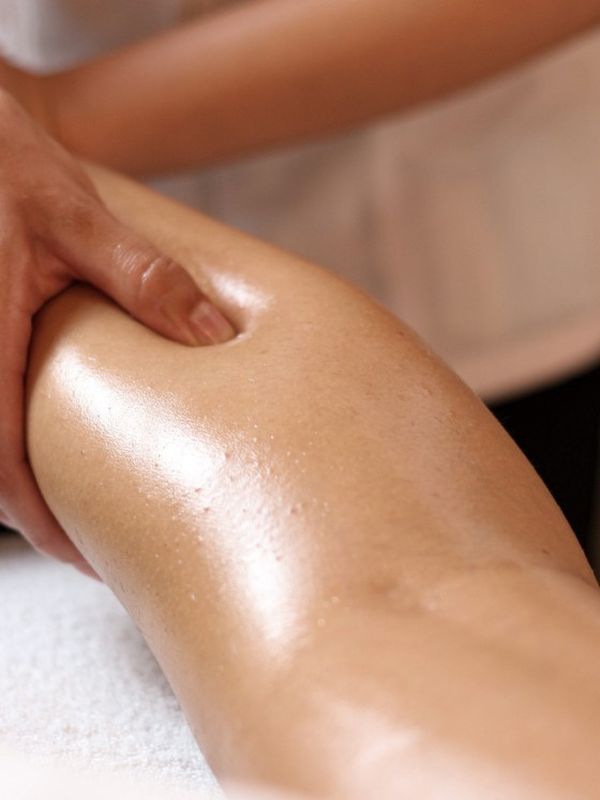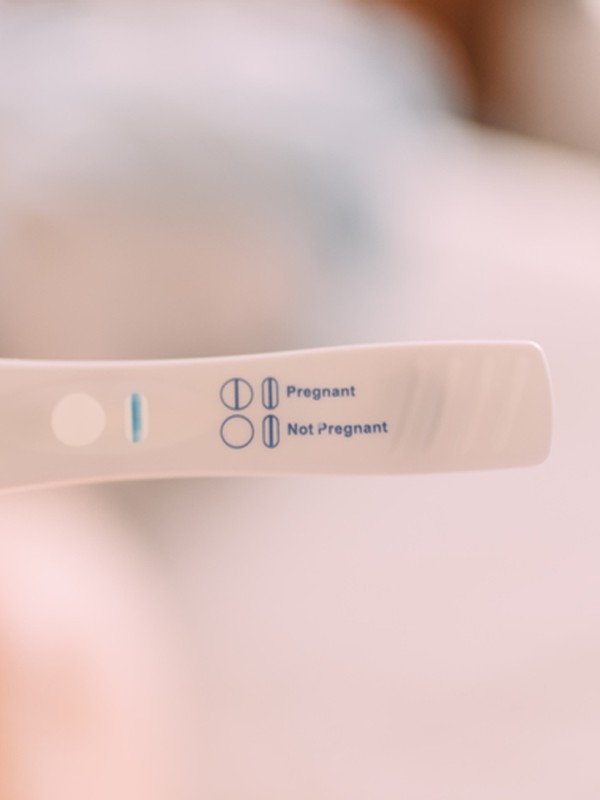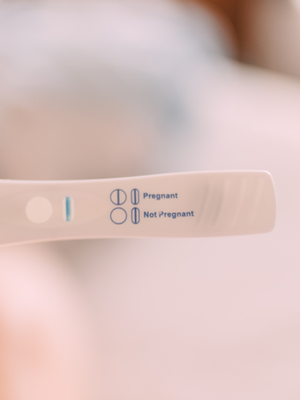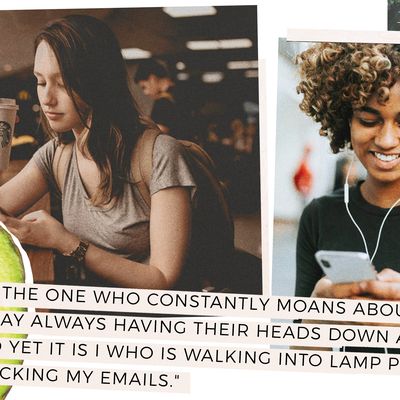
#MillennialProblems: We’re All Phoneaholics
It’s Sunday night, and I’m watching The Handmaid’s Tale. Only, I’m not really watching it, I’m watching my phone. As a general rule, I try to keep one eye on the TV and one eye on my phone – something I like to call ‘snail-eyeing it’ – but on a particularly talk-heavy scene, both eyes eventually drift down to my mobile, where I fall down a particularly deep Insta-hole. By the time I refocus my attention on June and Aunt Lydia, I’ve missed too much of the action to know what’s happening, and my partner now refuses to catch me up on the storyline because I “shouldn’t have been looking at my phone in the first place”. After an eye roll so big I’m pretty sure I pull an optic nerve, I end up looking at an American site for the episode’s synopsis. Whilst the show is still on. I’m reading about the episode that I’m still supposed to be watching.
Hello, I’m Pascale, and I’m a phoneaholic.
When did this even happen? I’m the one who constantly moans about the youth of today always having their heads down and not interacting, and yet it is me who walks into lamp posts whilst checking my emails. Me, who chastises every teen for taking selfies in public – I am the one who can’t hold a conversation with my partner because I’m reading a text whilst he is trying to talk to me. (There is nothing that enrages him more than me saying “…What?” a whole full minute after he’s finished talking.)
But it’s not just me. Phone addiction is turning into a global epidemic. No, really – smartphone addiction is on the rise, and our dependence has been linked negatively to our mental health, our relationships and our productivity. Plus, it’s said that our attention span has been shortened to just eight seconds thanks to our love of technology.
The place that phones have in our society is intriguing and terrifying. Beyond the joy they can bring – the connections to those who are far away, the ability to send photos to friends with ease, the group chats that keep friendships alive – they have become both weapons and tools. For example, these days they are often used to collect evidence, particularly in cases of unjust racism and police brutality in America, which is a great and necessary thing. But it also feels kind of dystopian to see people filming instead of helping when someone is faced with imminent danger. It’s almost as if the White Bear episode of Black Mirror has become some awful prophecy.
Plus, the stats on phone-related deaths are kind of scary – the number of people killed by distracted drivers on their phones has risen, as have selfie deaths; between October 2011 and November 2017, there have been 259, with 26 in 2018 alone.
To counteract this compulsion to pick up their phone every few seconds, many attempt ‘digital detoxes’, a term which is pretty depressing in itself. We even have a ‘National Unplugging Day’ now, which highlights how hard we’re all finding it to not look at WhatsApp six times a minute. Apps like Hold and Mute are supposed to help you reduce your phone time, but how hooked are we that we need technology to help us break our addiction to technology?
The problem is that humans, by nature, are prone to distraction. Our phones make that distraction all too easy, and have eroded the only crumb of concentration we had in the first place.
It shouldn’t be this hard to quit using our phones. Us millennials went without phones for the first decade of our lives (or maybe more, depending where you sit on the millennial spectrum). You want your concentration back? Read a book. You want your thumbs to go back to normal? Don’t pick up your phone all the time. You want people to stop hating on you for saying “LOL” out loud IRL? Just stop saying it! (And add IRL to that banned list.) So why is it so hard? Some experts say it’s because getting a new notification releases dopamine and makes us happier – essentially, Apple have Pavlov-ed the shit out of us.
So what is the cure? Who knows – but if anyone manages to find one that works, text me.
DISCLAIMER: We endeavour to always credit the correct original source of every image we use. If you think a credit may be incorrect, please contact us at info@sheerluxe.com.
